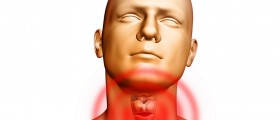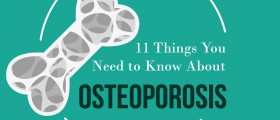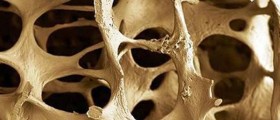
Calcium is one of the most important minerals known to man. It can be found in the human body in abundant amounts and it is the main constituent of the human bones and teeth. It is also the most important factor when it comes to proper maintenance and formation of the teeth and bones. It is also of vital importance in the secretion of multiple types of enzymes and hormones inside the human body. The contraction of muscles and the contraction of blood vessels are enabled mostly due to the presence of calcium inside the human body. Calcium is also one of the main factors in the process of blood clotting. One should always ingest sufficient amounts of calcium because it is immensely beneficial for the overall health of the human body. The best food sources of calcium include whole grains, legumes, nuts, leafy vegetables and eggs. Vitamin D is another important nutrient and it is one of the main factors when it comes to proper absorption of calcium inside the human body. The biggest part of absorbed calcium ends up in the bones while the rest of it ends up in the blood. All short term instances of calcium deficiency may be resolved simply by using the deposits of calcium located in the bones. But if a person suffers from calcium deficiency for prolonged periods of time it can lead to numerous different types of medical conditions and complications.
Calcium Deficiency Symptoms
Early signs and symptoms of calcium deficiency are dryness of the skin and brittle nails. Calcium deficiency can also be recognized by the yellowing of the teeth. Other common early symptoms of calcium deficiency usually include sweating in cold weather, sleep disorders, muscle aches, weakness, leg tensions, eye twitching and muscle cramps. This type of deficiency is commonly associated with brittle bones which tend to get weaker and thinner over time. If a person ignores these types of symptoms it may lead to certain serious medical conditions and complications such as miscarriages, unusual menstrual cramps, kidney stones, hypertension, osteomalacia, osteoporosis and osteopenia. Women may suffer from certain symptoms of calcium deficiency which do not affect male persons. Those symptoms include lack of breast milk, severe bleeding, anemia, late puberty, menstrual cramps and irregular periods. Children may also suffer from certain characteristic symptoms of calcium deficiency such as indigestion, diarrhea, rickets and several other medical conditions.

















Your thoughts on this
Loading...